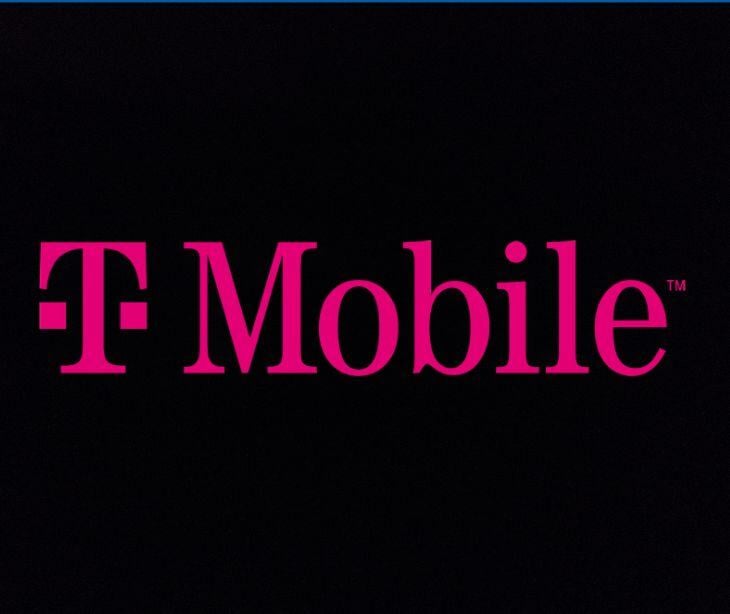3 min read
Learning the importance of cybersecurity from T-Mobile
Tshedimoso Makhene
October 04, 2024

T-Mobile’s $31.5 million settlement marks a significant moment in the ongoing battle between cybersecurity and cybercrime. It stresses companies' growing responsibility to safeguard their customers’ personal information and the role regulators play in ensuring that strict cybersecurity standards are met.
A deep dive into the T-Mobile data breach settlement
The settlement comes after T-Mobile experienced significant data breaches in 2021, 2022, and 2023. These breaches compromised personal information from millions of current, former, and potential T-Mobile customers. The most serious breach, occurring in 2021, impacted 76.6 million individuals, while the 2023 breach affected 37 million. In response, the FCC launched an investigation, which has now culminated in this settlement.
T-Mobile agreed to pay a $15.75 million civil penalty and invest an additional $15.75 million over two years to enhance its cybersecurity program. This investment aims to rectify "foundational security flaws" and introduce more robust security measures, such as adopting zero trust architectures and phishing-resistant multi-factor authentication. The FCC has emphasized that these improvements are essential for protecting sensitive consumer data in an era where cybercriminals increasingly target mobile networks.
Why the settlement matters
This settlement serves as a message from the FCC to companies that handle consumer data. As FCC Chairwoman Jessica Rosenworcel stated, "Today’s mobile networks are top targets for cybercriminals." She stressed the need for providers to "beef up their systems" or face consequences. T-Mobile's response to the settlement reflects this growing responsibility, with the company committing to strengthen its cybersecurity program further.
This case demonstrates the need for ongoing investments in cybersecurity across industries. The rapid evolution of cyber threats means that even large corporations like T-Mobile must continuously adapt to protect their customers' sensitive information.
See also: HIPAA Compliant Email: The Definitive Guide
The consequences of cybersecurity lapses
The financial penalty T-Mobile faces is steep, but the damage caused by the breaches goes beyond monetary fines. When data breaches occur, the personal information of customers, such as names, addresses, and even sensitive financial information, can fall into the hands of cybercriminals. This poses a serious threat to privacy and can lead to identity theft, financial fraud, and a loss of trust between customers and the companies they rely on.
In T-Mobile’s case, the FCC emphasized the need to address "foundational security flaws" and improve overall cyber hygiene. This includes adopting modern security architectures, such as zero trust frameworks and phishing-resistant multi-factor authentication (MFA). These approaches are designed to limit unauthorized access and strengthen the protection of sensitive information, even in the event of a data breach.
See also: Why do cyberattacks happen?
Cybersecurity measures
The T-Mobile incident illustrates the dangers of inadequate cybersecurity measures. However, it also provides valuable lessons for individuals, businesses, and other service providers. As FCC Chairwoman Jessica Rosenworcel pointed out, "Today’s mobile networks are top targets for cybercriminals." Therefore, taking proactive steps to enhance cybersecurity is not just an option—it’s a necessity.
Here are some key takeaways from T-Mobile’s case that stress the importance of cybersecurity:
- Regular security audits: Conducting regular audits can help identify vulnerabilities before they can be exploited. Companies should invest in continuous monitoring and testing of their systems to stay ahead of potential threats.
- Strong authentication mechanisms: Using advanced authentication protocols, such as multi-factor authentication (MFA), is essential. These systems make it harder for attackers to gain unauthorized access by requiring more than just a password to log in.
- Zero trust architecture: Zero trust frameworks operate on the principle that no one—inside or outside an organization—can be trusted by default. By implementing this security model, organizations can ensure that access to sensitive data is strictly controlled, minimizing the risk of breaches.
- Cyber hygiene: Companies must establish a culture of good cyber hygiene, training employees to recognize potential threats such as phishing attempts and ensuring that software is regularly updated with the latest security patches.
Moving forward: A call to action
T-Mobile stated that it takes its "responsibility to protect our customers’ information very seriously" and has committed to significant investments in its cybersecurity infrastructure. While these efforts are commendable, the real test will be in the implementation and whether these steps can prevent future breaches.
Related: Recovering from a cyberattack
FAQs
What is a data breach?
A data breach occurs when sensitive, confidential, or protected data is accessed, shared, or stolen by unauthorized individuals. This often involves personal information such as names, addresses, Social Security numbers, and financial details. Data breaches can happen to individuals, businesses, and government agencies.
What is cybersecurity?
Cybersecurity refers to the practice of protecting computer systems, networks, and data from digital attacks. It involves implementing measures to prevent unauthorized access, malware, ransomware, and other types of cyber threats.
Subscribe to Paubox Weekly
Every Friday we'll bring you the most important news from Paubox. Our aim is to make you smarter, faster.



